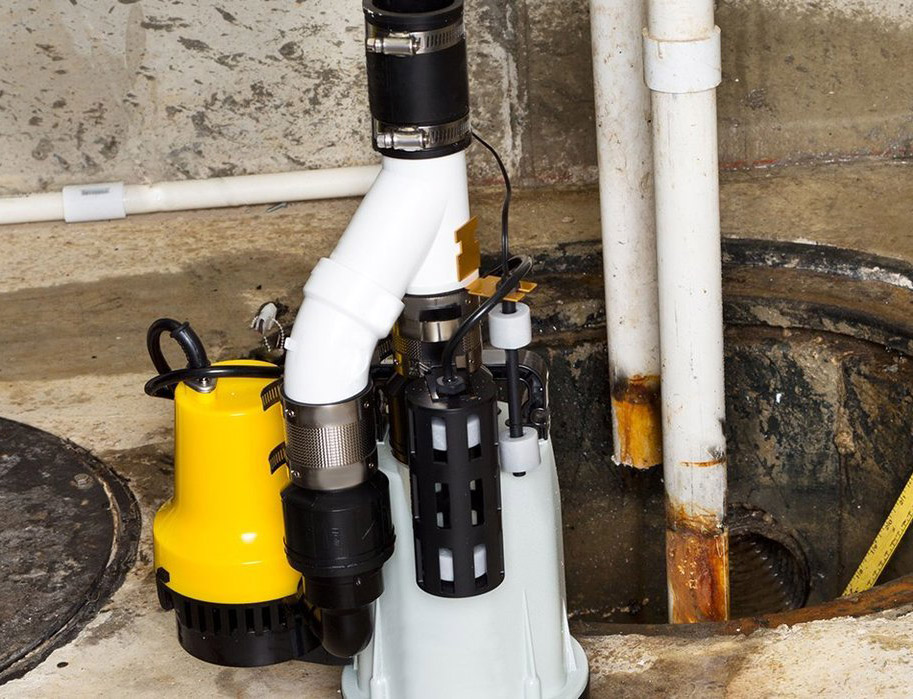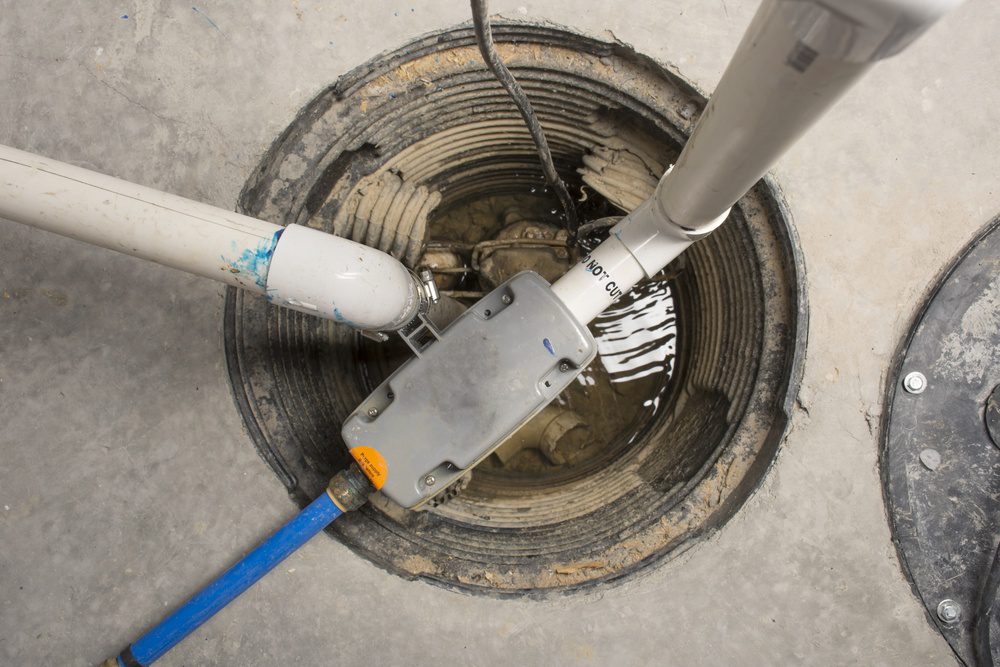Cutting-Edge Water Filtration Systems: Promoting Healthier Living Atmospheres
Cutting-Edge Water Filtration Systems: Promoting Healthier Living Atmospheres
Blog Article
Understanding the Key Components of Effective Water Filtering Equipments

Significance of Water Purification Solution
Water purification systems play an important role in ensuring accessibility to secure and tidy drinking water by properly removing contaminations and impurities. These systems are important in addressing the expanding issues over water high quality and the prospective health threats related to taking in infected water. By utilizing various purification systems such as reverse osmosis, triggered carbon, and UV sterilization, water purification systems can effectively eliminate damaging materials like microorganisms, viruses, hefty metals, and chemicals from the water.
In addition, water purification systems aid to enhance the taste and smell of water by getting rid of chlorine, sediments, and other contaminants that can impact its top quality. Water Softeners. This improvement in water quality not just makes it more tasty however likewise urges people to consume an ample amount of water daily, advertising much better hydration and overall wellness
Kinds Of Filtering Components

Physical filters are developed to physically stress out impurities from the water. These filters can be constructed from materials like ceramic, carbon, or perhaps sand, and they function by capturing fragments bigger than the filter's pores as water travels through.
Chemical filters make use of numerous chemical procedures to remove pollutants from the water. Instances include turned on carbon filters, which adsorb pollutants, and reverse osmosis membrane layers, which utilize pressure to different impurities from the water.
Biological filters use living microorganisms like germs or algae to damage down raw material and contaminants in the water. These filters are often made use of in wastewater treatment plants or natural water filtration systems.
Recognizing the various sorts of filtration components is critical for choosing one of the most ideal water filtration system for specific filtration requirements.
Feature of Sediment Filters
Sediment filters play a critical duty in water filtering systems by successfully capturing strong bits suspended in the water. These filters are usually the first line of defense in a filtration system, eliminating bigger particles such as sand, silt, dust, and corrosion before the water relocates via finer filtration phases. By trapping these sediments, the filters stop them from reaching downstream components, thus extending the life expectancy and efficiency of the entire system.
The function of debris filters is essential in preserving water quality and safeguarding delicate tools from damage brought on by particles. In addition, by getting rid of noticeable particles, debris filters enhance the clearness and preference of the water. On a regular basis replacing or cleaning up sediment find filters is important to ensure optimum efficiency. Disregarding this maintenance can cause clogging, lowered water circulation, and endangered purification performance. In general, debris filters are indispensable parts that add considerably to the performance of water filtering systems.
Duty of Turned On Carbon Filters
Playing a critical duty in water purification systems, triggered carbon filters are critical in eliminating contaminations and contaminants from the water supply. As water passes through the filter, the turned on carbon holds and brings in onto the contaminations, guaranteeing that the water that comes out on the other side is cleaner and safer for consumption.
Activated carbon filters are extremely efficient at boosting the preference and odor of water by lowering chemicals that can influence its quality. They are additionally efficient in removing particular hefty metals like lead and mercury. In addition, these filters can assist avoid the buildup of germs and algae in water, further improving its overall high quality. Due to their adaptability and reliability, turned on carbon filters are a key component in ensuring that water is purified to the highest standards before reaching consumers.
Comprehending Reverse Osmosis Systems
Reverse osmosis systems are sophisticated water purification systems that utilize a sophisticated process to eliminate pollutants and impurities from alcohol consumption water. These systems work by applying stress to the water, compeling it with a semi-permeable membrane. This membrane layer acts as an obstacle, permitting only distilled water molecules to travel through, while obstructing larger molecules such as minerals, chemicals, and various other pollutants. Consequently, the water that comes out beyond is considerably cleaner and safer for consumption.
In addition, reverse osmosis systems are reasonably low-maintenance and can be mounted under the sink or in a main filtration system, offering convenient accessibility to tidy water throughout the home. Overall, recognizing just how reverse osmosis systems function can assist people make notified choices regarding their water filtering demands.
Conclusion
In final why not check here thought, effective water filtration systems are vital for ensuring tidy and risk-free alcohol consumption water. By recognizing the function and function of each component, individuals can make educated choices when selecting a water filtration system.
Water filtering systems play a vital duty in making certain access to secure and clean drinking water by more helpful hints successfully removing pollutants and pollutants. By using various filtering mechanisms such as reverse osmosis, turned on carbon, and UV sterilization, water filtration systems can effectively eliminate damaging materials like microorganisms, infections, heavy metals, and chemicals from the water supply.
Debris filters play an important duty in water filtering systems by properly recording strong particles put on hold in the water (Pump repairs & installation).Playing a crucial role in water filtering systems, turned on carbon filters are instrumental in eliminating contaminations and pollutants from the water supply.Reverse osmosis systems are advanced water filtering systems that employ an innovative procedure to remove impurities and pollutants from drinking water
Report this page